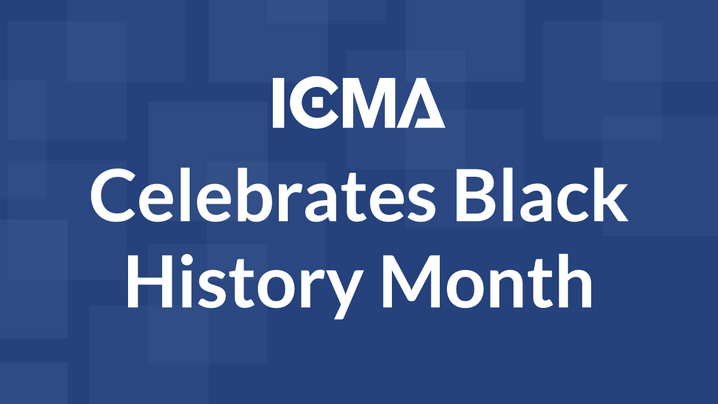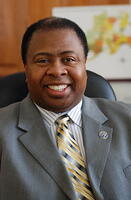
ICMA Member Milton Dohoney, assistant city manager, Phoenix, Arizona, has had a long and interesting career in local government. Recently he spoke with ICMA about his career and how it has changed over time, especially when it comes to being an African American in the local government management profession.
ICMA: How did you get started in the profession?
Dohoney: It was a marriage between necessity and opportunity. I had worked in the private sector previously and was separated during a recession in the early 1980s. I needed a job just to survive, and a friend told me about a managerial position in Louisville, Kentucky. I never thought I would stay, but I became good at it. I liked it, and I realized it was where I was supposed to be.
ICMA: Your career in local government has spanned more than 30 years. During that time, how would you say the profession has changed as far as issues of diversity and inclusion?
Dohoney: When I started, diversity and inclusion weren't necessarily opposed, they simply were not a point of emphasis within the profession. I possessed certain talents and was promoted because of them. As things have evolved, there has been a broader realization of the importance of civic engagement, reflecting the community you're serving and the differing perspectives that yield a more expansive result.
ICMA: Black History Month is a time to reflect on the accomplishments of African Americans in both history and society. How do you think your career has been impacted by being African American in such a predominantly white male field as local government management?

Beyond the profession, being a child of the '60s meant my reality has always been that I needed to perform well above average to ensure the goals I had for myself. Percentage-wise, there are just not that many of us in the profession at the highest levels. I always prefer to be seen as a city manager who happens to be African American as opposed to being characterized as an African American city manager.
ICMA: As we move forward, what should we do to encourage more diversity and inclusion within the local government management profession?
Dohoney: It is incumbent upon us to work in partnership with whomever we can to expose all demographics to consider local government management as a career option. Demonstrating that the profession is made up of diverse people and our organization functions in an inclusive manner are aspects of our elevator pitch. The other aspect of that is ensuring that the training and preparation we provide to those who aspire to city management articulates the importance of valuing diversity and inclusion as they serve their communities.
For more content on Black History Month, check out ICMA's interview with ICMA Executive Director Marc Ott. Also, here are some resources to improve equity and inclusion in your community:
- 7 Ways City Leaders Can Address Racial Inequities - A blog post from 2016 that covers concrete ways that cities can reduce racial inequity.
- Working for Racial Equity – the Challenge for Government - This article from 2015 provides resources from the Alliance on Race and Equity for local governments.
- Pursuing Sustainability with Social Equity Goals - This PM article from 2014 includes strategies that local governments can use to included social equity goals into there activities.
New, Reduced Membership Dues
A new, reduced dues rate is available for CAOs/ACAOs, along with additional discounts for those in smaller communities, has been implemented. Learn more and be sure to join or renew today!
